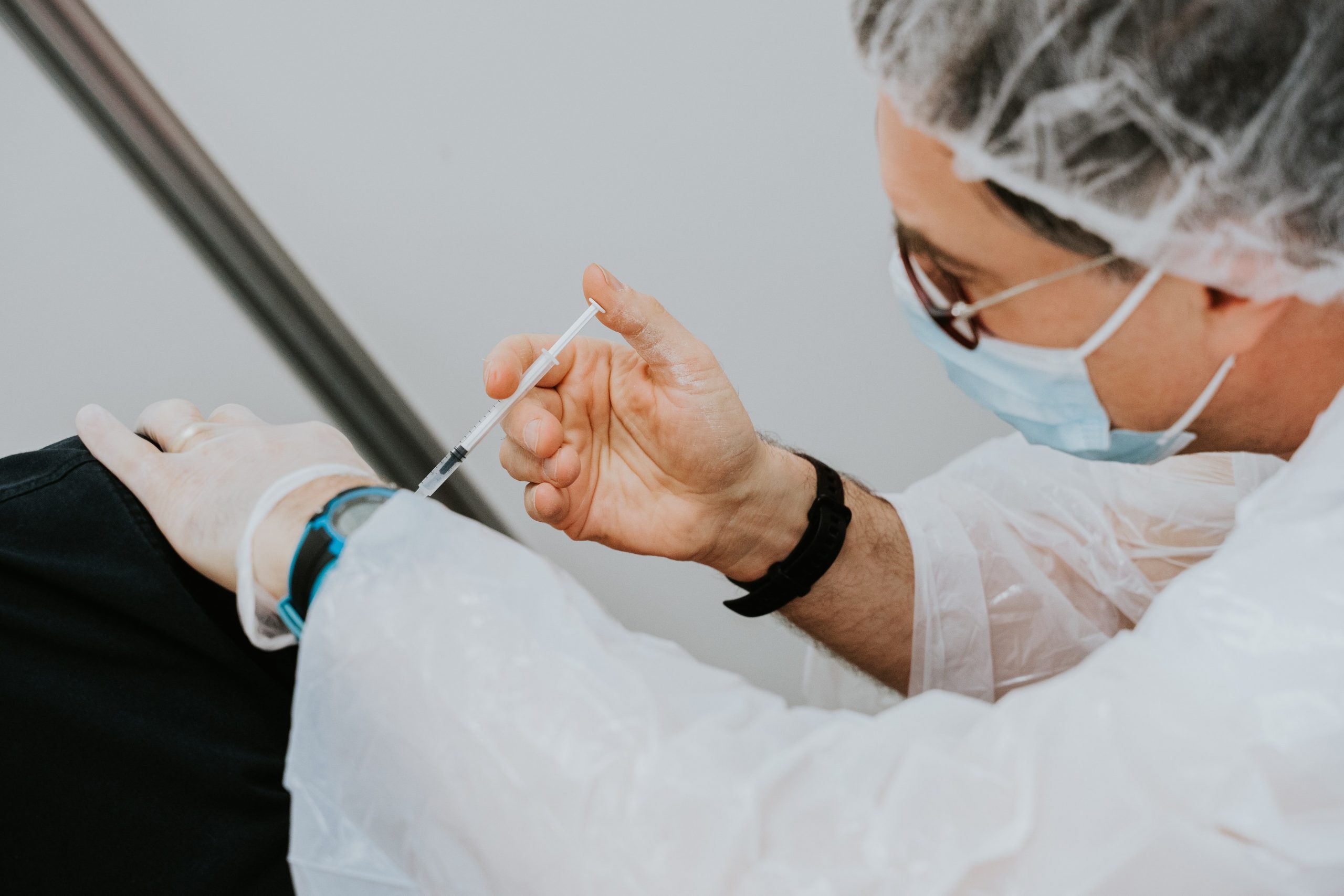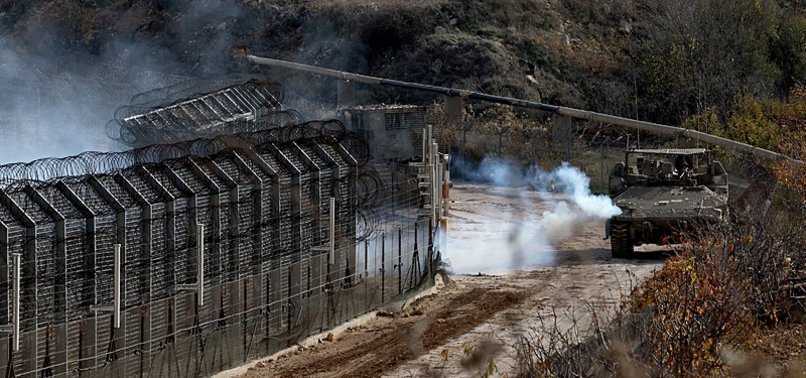World Immunisation week is celebrated on the last week of April every year. This global initiative, organised by the World Health Organisation (WHO), aims to raise awareness and promote the use of vaccines worldwide.
As the Covid-19 pandemic has reminded us, vaccines and immunisation saves millions of lives each year and vaccination is often acknowledged as the most successful and cost-effective public health intervention in history after clean water.
Vaccines have long been protecting us from serious diseases, thwarting epidemics of infectious diseases that were once extremely common. Examples of these diseases include whooping cough, measles, and mumps.
However, despite great progress, there are still almost 20 million children worldwide today who still do not have access to the vaccines they need. Of these, over 13 million are referred to as “zero dose” children, who receive no vaccines through immunisation programmes. Lack of investment in vaccines create barriers to access and remain an issue in some parts of the world until this very day.
With the Covid-19 vaccine roll out well under way, increasing the trust and confidence in vaccines, and encouraging investment in vaccines, as well as their fair and equitable distribution, becomes all the more timely and more important.
This year the WHO declared “vaccines bring us closer” as the theme for this World Immunisation Week highlighting that like vaccines have united in the past, they will do so once again.
This year, Qatar celebrates World Immunisation Week amid the largest vaccination campaign the country has ever witnessed – the inoculation drive against Covid-19. Celebrations are focused on the significance of taking the Covid-19 vaccine, as well as other shots in general to prevent the spread of diseases.
Disruption to global immunisation programmes
However, while globally our current priorities remain mostly centred around the roll out of the Covid-19 vaccines, it is crucial that we ensure that routine vaccinations are not missed or forgotten.
A WHO survey revealed that while significant progress has been made over the past year, 37% of respondent countries still reported disruptions to national routine immunisation services.
These disruptions are so vast, that a report published by the Bill & Melinda Gates Foundation estimated that vaccine coverage in 2020 had dropped to levels that had last been seen in the 1990s, rendering a setback of 25 years in only 25 weeks.
In addition, new data has shown that mass immunisation campaigns have also been disrupted, with 60 campaigns being currently postponed in 50 countries. This not only jeopardises progress but also puts around 228 million people, most of whom are children, at a risk for diseases like measles, polio, and yellow fever. Over 50% of the 50 countries that have been affected are in Africa, further emphasising the disproportionality and inequity in access to immunisation services.
Read also: Vaccine Hesitancy: Why ‘anti-vaxxers’ refuse to get vaccinated against Covid-19
To this day it remains unclear when affected children will be able to catch up, especially given that in many developing areas, primary care clinics have been shut down and almost all resources have been redirected toward combatting the pandemic.
As a direct consequence of these gaps in critical immunisation services, a series of serious measles outbreaks have been reported in some countries like Pakistan, Yemen and the Democratic Republic of Congo. Agencies warn of this growing trend that is likely to continue occurring given the growing number of children who are being left without these lifesaving vaccines.
Data has shown that people have also skipped preventative and primary care visits in developed countries such as the US, in fear of potential exposure to Covid-19. According to data from the Centers for Disease Control and Prevention (CDC), in comparison to other “normal” years, approximately 2.5 million fewer doses of non-influenza paediatric vaccines were ordered in March and April of 2020.
Earlier this week, in an attempt to tackle challenges around vaccine uptake, WHO, UNICEF and Gavi the Vaccine Alliance, launched the Immunization Agenda 2030. This global vision and strategy was formed by countries and development partners, has been endorsed by the World Health Assembly.
The goals of this strategy are to:
- Reduce mortality and morbidity from vaccine-preventable diseases for everyone at any age.
- Leave no one behind through increasing and ensuring equitable access to both existing vaccines and new vaccines.
- Ensure good health and wellbeing for everyone around the world through the strengthening of immunisation programmes within the primary health care setting, contributing to universal health coverage and sustainable development.
It is without a doubt that urgent action from all immunisation stakeholders, world leaders and the global health and development community is needed in order to achieve the ambitious goals set out in the Immunization Agenda 2030.
Global commitment and collaboration; increased investment; and the implementation of national immunity plans that are in alignment with the agenda framework, are crucial.
It is only then when these goals can be achieved, and the vision for good health and well-being for everyone will finally be envisioned.
Maha El Akoum, MPH, is a public health professional currently working as Head of Content at World Innovation Summit for Health [WISH].
Follow Doha News on Twitter, Instagram, Facebook and Youtube







